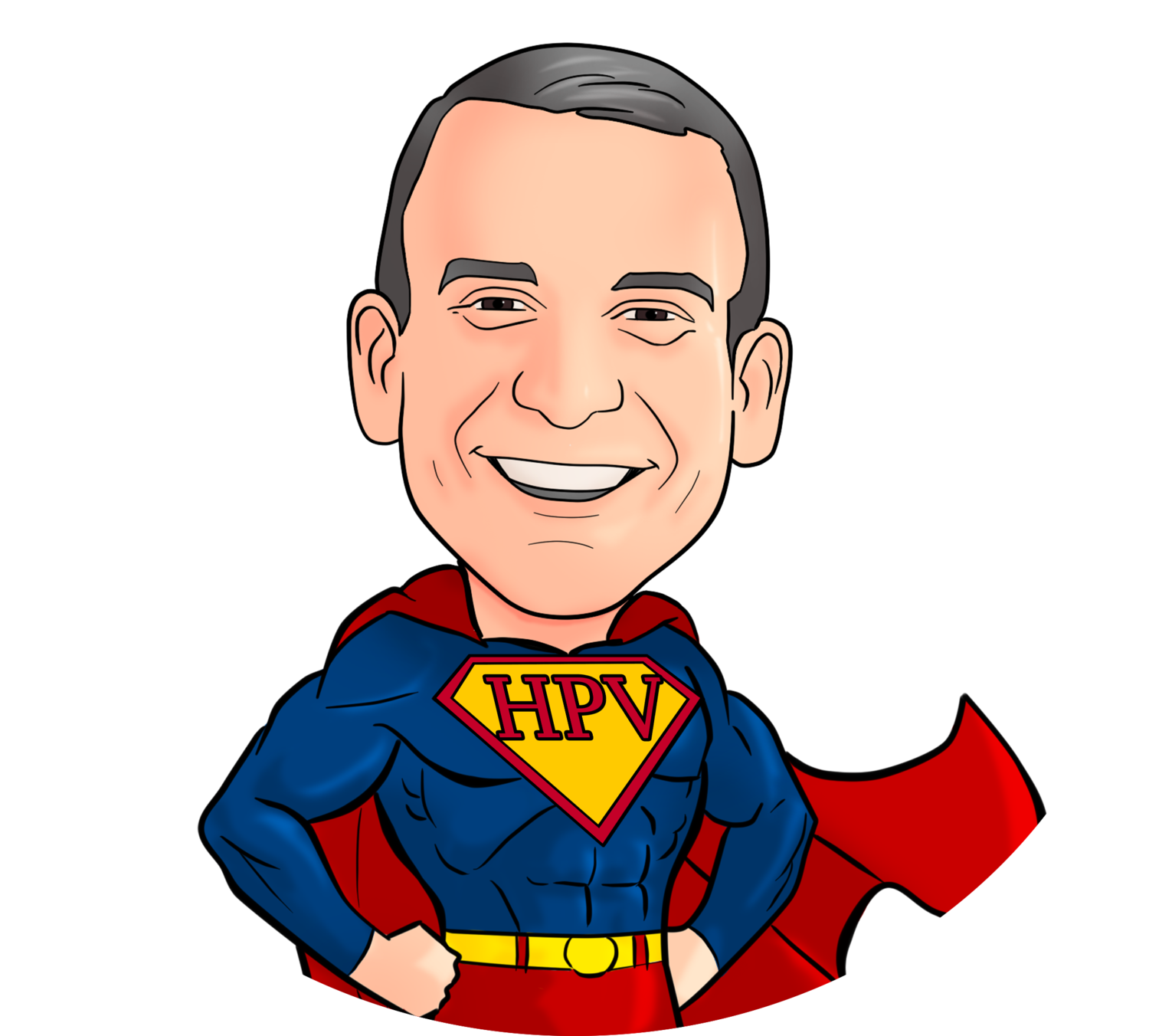| | COVID-19 and Head and Neck Cancer | | A Message from HNCA As we face the global COVID-19 pandemic and its many unknowns, it may be particularly stressful for those undergoing treatment for cancer, caregivers, and survivors. The Head and Neck Cancer Alliance would like to offer some resources and tips for our community. We also welcome you to join our online support community and our Facebook page where you can share concerns, get connected with others, and stay updated. Despite the challenges created by the pandemic, remember that your health care team is still there for you. During this time, it is important to recognize that there may be changes to the way you are cared for, but the ultimate goal is the same: to keep you healthy and cancer-free and optimize the quality of your life. Health systems in many regions are facing increasing numbers of patients with COVID-19 infections and are working to develop strategies to be able to provide sound cancer care while reducing the risk of infection transmission. Additional considerations include the health of the work force (doctors, nurses, trainees, and hospital staff), limited availability of operating rooms and inpatient beds, and the scarcity of personal protective equipment that is needed in order to be able to provide care that is safe and hygienic. Below is a brief outline of guidance and some of the changes you may find over the weeks and months to come. If you have questions or concerns about their impact on your care, please reach out to your treating provider to discuss them. As always, we are also here for you. Please let us know how we can keep you informed and engaged during this time of uncertainty. Sincerely, | |  | Executive Director Head and Neck Cancer Alliance | | | | A Message of Support from HNCA's Jason Mendelsohn (SupermanHPV) | |  | | | | | | | People Going Through Active Treatment (Especially Chemotherapy): | | You may have a reduced immune system. This means you may be at increased risk of getting an infection and may be less able to fight it. As a result, it is very important to try to minimize your exposure to the virus. Here are some tips to reduce your risk of infection: - Wash your hands with soap and water frequently, for 20 seconds, including wrists.
- If unable to wash hands, use hand sanitizer.
- Disinfect commonly used surfaces such as table tops, door knobs, and phones.
- Avoid direct contact with others such as hugging or shaking hands. Ideally, you should try to stay at least 6 feet away from other people, when possible.
- Avoid being in groups of 6 or more people, especially when in an enclosed space.
- Avoid sharing cups or utensils with others.
- Cover your mouth or stoma during a cough or sneeze.
- Avoid contact with anyone with a known COVID-19 infection or individuals with a cough and/or fever.
- Avoid air travel or other public transportation, when possible.
If you feel sick (develop a cough, fever, muscle aches, or other symptoms) or if you have had contact with anyone with a known or suspected COVID-19 infection, notify your doctor immediately. It may be necessary for your to be evaluated outside of the clinic and potentially tested for the virus. Click here to learn about symptoms of COVID-19. | | | | Patients Who Have Finished Therapy: | | Following your cancer treatment, you will be seen regularly in order to monitor for cancer recurrence and also to address any side effects that may have developed from your therapy. It is typically recommended that you be seen every 1-3 months the first year, every 2-6 months during the second year, every 4-8 months during the third through fifth year after treatment, and annually thereafter. While the importance of these appointments is recognized both by patients and their care team, in the current crisis, these visits are typically not urgent and may increase risk of exposure to COVID-19 to both survivors and physicians. As a result, many hospitals are postponing non-urgent surgeries, routine follow-up visits and imaging tests (such as CT and PET/CT scans) to minimize the risk of transmission and to conserve health care resources that may be in limited supply. As a patient, if you are having new signs or symptoms concerning for cancer, such as worsening mouth or throat pain, changes in your voice or swallowing, a spot in your mouth that has not healed in 2 weeks, unexplained ear pain, or if you are feeling a new lump in your neck, you should inform your doctor as you may still need to be seen. During clinic visits, as we learn more about the risk of virus spread even during regular head and neck exams, your physician may wear a mask and eye shield even when examining you mouth or throat. The number of visitors you may be able to bring to clinic will likely be reduced to one or even none. Certain aspects of the exam, such as the scope exam, likely will be deferred unless absolutely needed, due to the risk of COVID-19 infections. When scopes and exams are performed, it may be necessary for your provider to wear protective equipment such as a face mask with plastic shield, a protective gown and eye shields. Please do not be offended or alarmed. This precaution is necessary to reduce potential spread of infection. | | | | Virtual Clinic Visits and Telemedicine: | | Some institutions are offering virtual clinic visits (interactions with your provider by way of a video conference call) in an effort to reduce exposure of both patients and health care staff. While virtual visits and telemedicine will never completely replace in-person interactions, in times of crisis, they can provide an effective means to maintain the patient-doctor relationship, allowing them to engage in a directed conversation about disease-specific symptoms and concerns, and to discuss future plans of care. Virtual visits can be very important for head and neck cancer survivors, as they reduce individual patient exposure in clinics and hospitals, and minimize the risk to other cancer patients with compromised immune systems, as well as health care providers and staff. Survivors and caregivers should be reassured that these encounters are a sound approach to cancer surveillance and can allow providers to identify patients who may require an in-person visit. | | | | | | Many hospitals around the country are placing restrictions on hospital visitors to try to reduce the risk of COVID-19 infection. You should contact your local hospital to learn the regulations in your area. | | | | Laryngectomy Patients and Those with Tracheostomies: | | These individuals are likely at higher risk for becoming infected with COVID-19 due to the increased exposure of their airway. These individuals should observe special precautions. Family and caregivers of neck breathers and those in close contact with these individuals are also at very high risk for exposure as the virus is transmitted by droplets. Please observe meticulous hand hygiene and wear masks, gloves, eye shields, and other protective items whenever in contact with these individuals, especially if they have an infection or are demonstrating symptoms, such as increased cough and fever. | | | | Other General Considerations: | | 1. Maintain close communication with your family/loved ones and health care team 2. Ensure you have a sufficient supply (at least a 2-week supply) of: - Food items that are easy to preserve, dry goods, canned goods, and others
- Non-prescription medications including fever reducers (such as acetaminophen or Tylenol).
- Cleaning supplies and other essentials
3. Contact your physician to ensure: - You have adequate access to any regular prescription medications
- You have any necessary supplies such as tube feedings, tracheostomy supplies and personal protective equipment such as gloves, masks and eye shields
| | Webinar: COVID-19 and Head and Neck Cancer The Head and Neck Cancer Alliance is planning a webinar about COVID-19 for head and neck cancer patients, survivors, and caregivers. If you are interested in learning more about COVID-19 and head and neck cnacer, please join the mailing list for this program. | | | | COVID-19 Support Resources | | | | | | | | | | | | THANK YOU TO OUR CORPORATE AND COMMUNITY PARTNERS! | | | | | | | | | | | | Head and Neck Cancer Alliance
PO BOX 21688, | Charleston, South Carolina 29413
866-792-4622 | info@headandneck.org | | | | | | | | | |